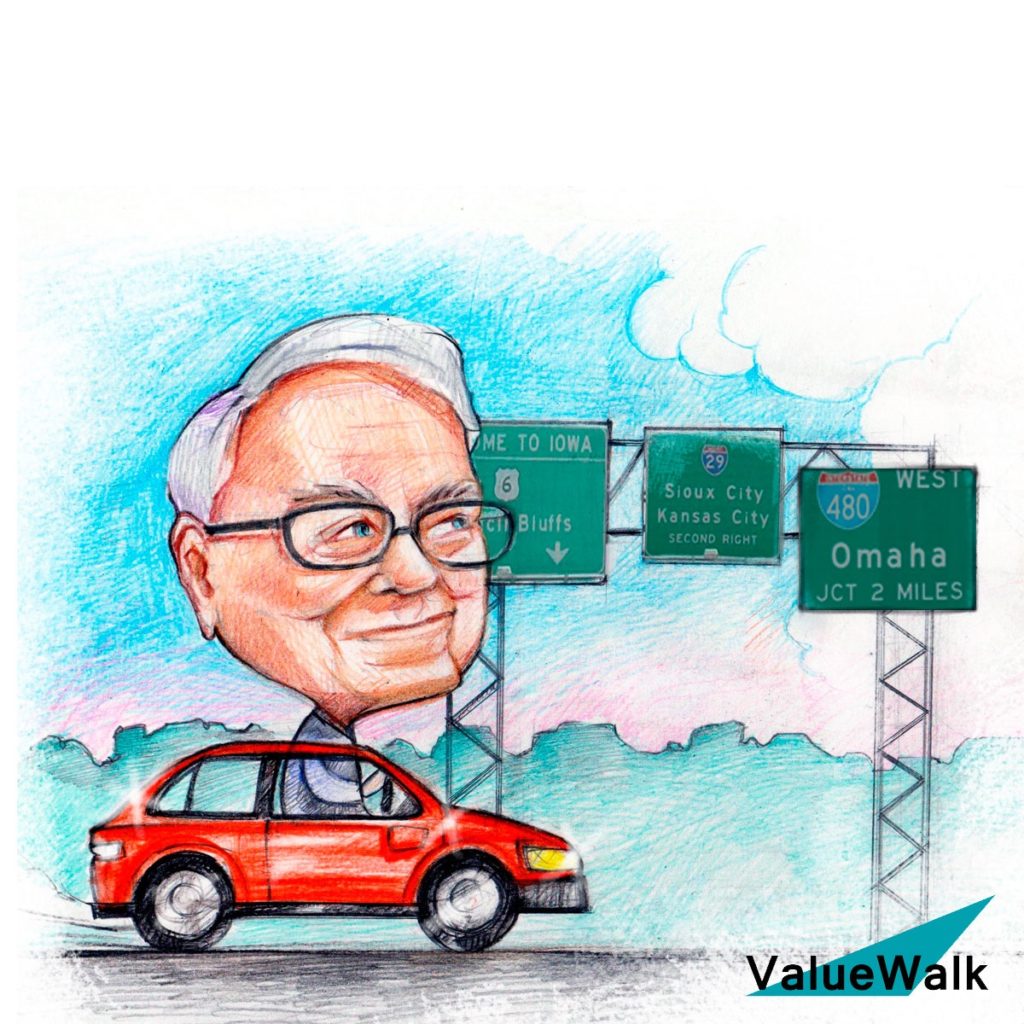Whitney Tilson’s email to investors discussing Berkshire Hathaway Inc. (NYSE:BRK.A) (NYSE:BRK.B) is below Buffett’s buy price; Boeing Co (NYSE:BA)’s fatal flaw; the airline safety revolution.
Q2 2021 hedge fund letters, conferences and more
Berkshire Hathaway Is Below Buffett's Buy Price
1) A hat tip to my friend and former colleague Glenn Tongue, who's the ax on Berkshire Hathaway (BRK-B), for flagging this for me. He writes:
Berkshire Hathaway Chairman and CEO Warren Buffett is without doubt a first-ballot hall of famer when it comes to investing. He is known for intelligent and rational capital allocation, and when Berkshire discloses a new position, the acquired stock inevitably jumps.
So what has Buffett been purchasing recently? We won't for sure until the company reports third-quarter earnings in early November, but I think we're likely to see large purchases of his own stock.
This chart shows the massive increase in repurchases over the last five quarters:
This table in Berkshire's second-quarter 10-Q filing shows the prices at which Buffett was repurchasing his own shares:
We can see that $432,000 per A-share (or $288 per B-share) was Buffett's repurchase sweet spot – yet the stock closed yesterday nearly 5% below this at only $412,081.
One of the world's greatest investors thinks his stock is a bargain at $432,000 – yet I can buy it for $20,000 per share less. That sounds pretty good to me! Historically, buying Buffett's best ideas below his purchase price has almost always turned out well...
Thank you, Glenn!
I'd add that in my August 9 e-mail, I showed the calculations behind my estimate that Berkshire's intrinsic value is $513,000 per A-share, which means the stock today is an 80-cent dollar. I can't think of any stock offering this combination of safety and growth trading anywhere near this level of discount.
That said, keep expectations modest. Berkshire long ago became so large that it transitioned from a "get rich" stock to a "stay rich" stock. Thus, even at this price, I'd expect it to outperform the S&P 500 Index by perhaps five percentage points annually for the next five years.
Boeing's Fatal Flaw
2) This new Frontline documentary, Boeing's Fatal Flaw, is an excellent piece of investigative journalism. Here's a summary:
In October 2018, a Boeing (BA) 737 Max passenger jet crashed shortly after takeoff off the coast of Indonesia. Five months later, following an eerily similar flight pattern, another 737 Max 8 went down in Ethiopia. Everyone on board the flights died.
Boeing's Fatal Flaw, a Frontline documentary in collaboration with the New York Times, tells the inside story of what led up to the crashes – revealing how intense market pressure and failed oversight contributed to tragic deaths and a catastrophic crisis for one of the world's most iconic industrial names.
The Airline Safety Revolution
3) Despite these two crashes, however, air travel has become much safer, especially in the U.S. This insightful Wall Street Journal article documents how this happened: The Airline Safety Revolution. Excerpt:
Over the past 12 years, U.S. airlines have accomplished an astonishing feat: carrying more than eight billion passengers without a fatal crash.
Such numbers were once unimaginable, even among the most optimistic safety experts. But now, pilots for domestic carriers can expect to go through an entire career without experiencing a single engine malfunction or failure. Official statistics show that in recent years, the riskiest part of any airline trip in the U.S. is when aircraft wheels are on the ground, on runways, or taxiways.
As I read this, I can't help but wonder why we can't apply similar techniques to improve our health care and educational systems... Well, sadly, here's one answer:
Part of the industry's motivation was self-preservation. A lone jumbo jet crash with mass fatalities, according to industry estimates, can amount to a financial hit of nearly $1 billion, including insurance payouts, additional legal liabilities, lost business and reputational damage.
Best regards,
Whitney
P.S. I welcome your feedback at [email protected].














